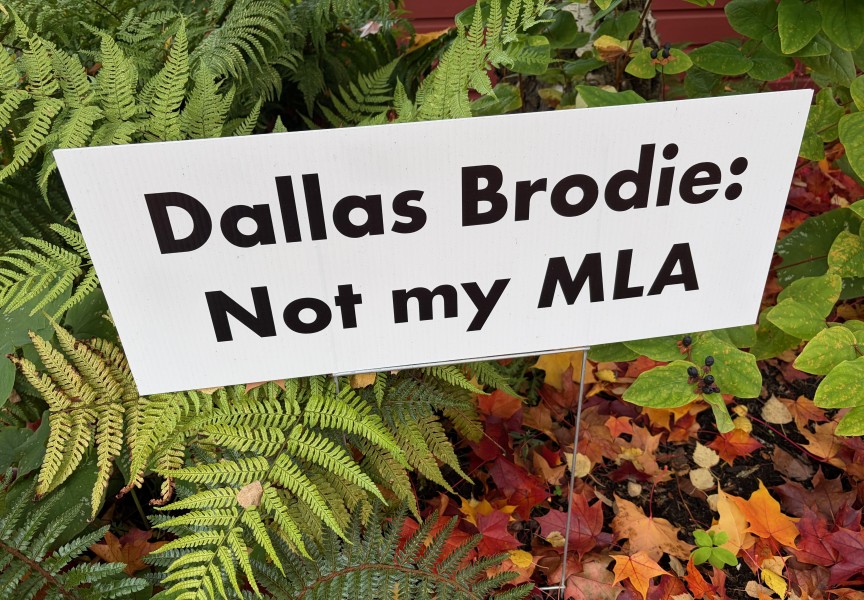Uu-a-thluk, the Nuu-chah-nulth Tribal Council’s Fisheries program, has launched a Marine Traditional Knowledge (MTK) mapping project to record and map marine habitat that is important for fishing, food, culture, and the spiritual well-being of Nuu-chah-nulth First Nations.
Luc Bibeau, Uu-a-thluk’s new MTK Mapping Coordinator, moved to Tofino from Calgary and has worked with other First Nations communities across northern BC and Alberta recording traditional ecological knowledge.
“I am excited to bring my experience to Uu-a-thluk’s MTK mapping project and to engage with and learn from the Nuu-chah-nulth Nations,” said Luc.
Luc’s job is to support the development of data-sharing protocols between the Nations and the Government of Canada. With protocols in place, federal agencies responding to a major catastrophe, such as an oil spill, will have quick access to the data provided by each Nation to protect critical marine habitat. Marine Traditional Knowledge data and maps will remain with—and be under the control of—each Nuu-chah-nulth Nation.
Luc will be meeting with each Nuu-chah-nulth Nation to assess the information each Nation already has from previous mapping work (i.e., treaty preparations, marine use planning, etc.). For Nations that have not yet conducted mapping projects for their territories, Luc will be working with these Nations to collect information through workshops and meetings with elders, fishers, other knowledge holders, and Nuu-chah-nulth youth.
The proposal for this MTK mapping project was approved by the NTC Directors and supported by the Council of Ha’wiih Forum on Fisheries.
“The mapping project is an opportunity for each Nuu-chah-nulth Nation to take stock of the marine habitat that is important to their Nation,” said Don Hall, Uu-a-thluk Program Manager. “It will become an important tool for marine habitat protection in the event of a marine catastrophe.”
Nations should contact Luc at Luc.Bilbeau@nuuchahnulth.org or (250) 725-3899 to take advantage of this opportunity to document and map the critical marine habitat in their territories.






